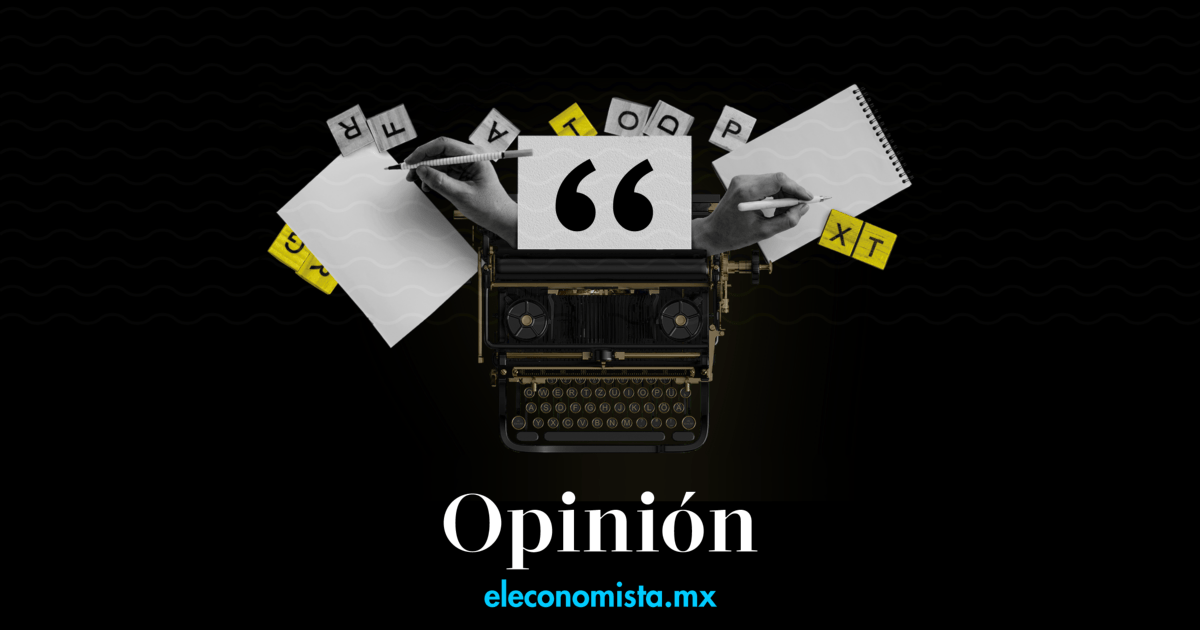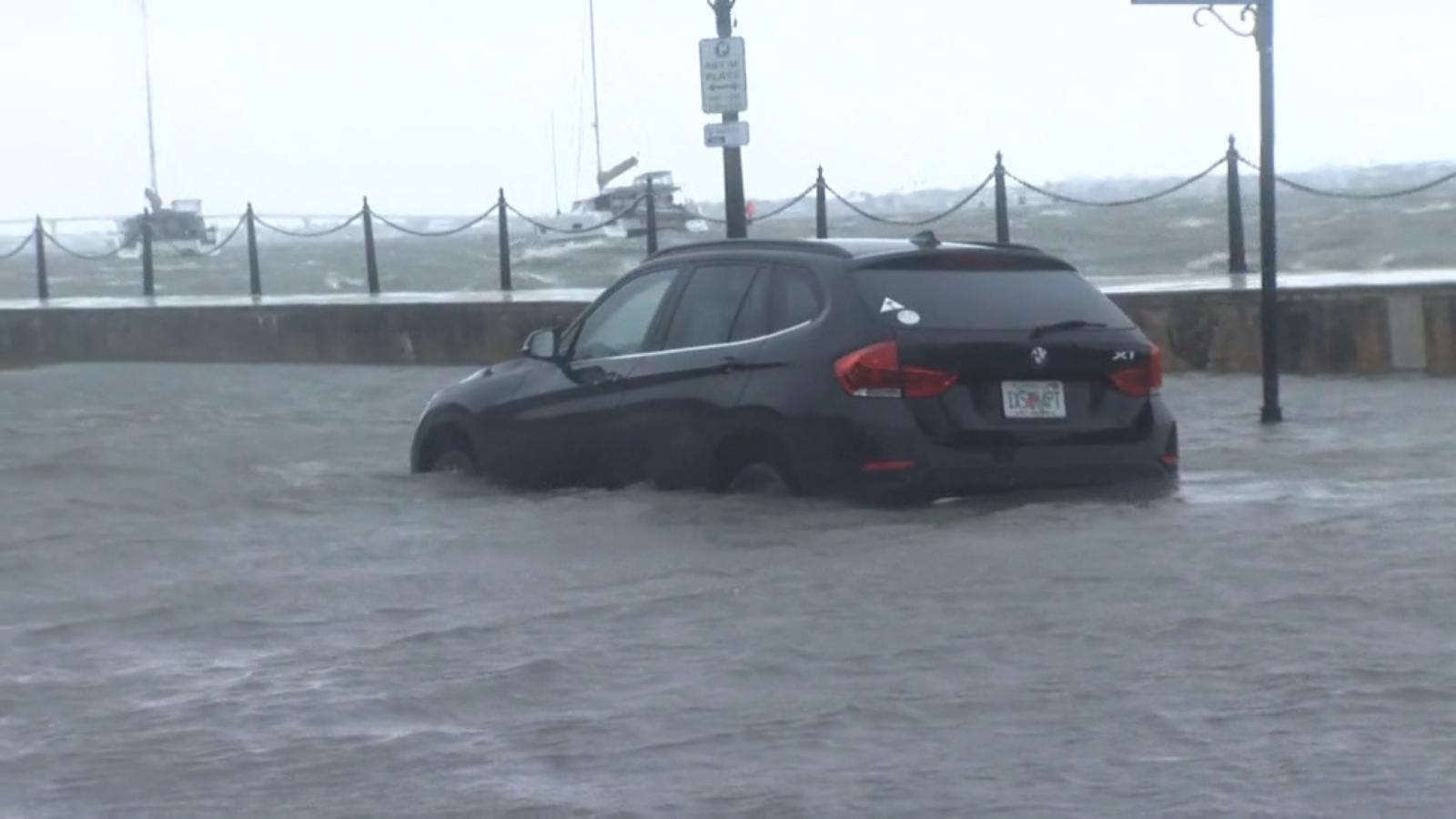The telecommunications industry observes with concern the intention of the Government of CDMX to promote legislation that obliges operators to eliminate aerial wiring, to lay underground ducts for which, in addition, a fee for land use would be created and charged.
The intention of eliminating the visual impact of the use of posters saturated with cables is positive. However, due to its collateral effects, other issues involved must be analyzed, both legal, economic and development policies.
The power of a local authority to dictate regulations on land use and urban development is unquestionable, since this derives from the Constitution, as well as certain possible restrictions on aerial wiring. However, it does not follow from the foregoing that such a rule was per se correct, nor legally unquestionable.
A basic analysis would review the reasonableness of the measure, technically, beyond the aesthetic, such that it meets the standard of generality and abstraction and that it is not discriminatory: would electrical wiring be prohibited? Would CFE have to bear the cost of bury their networks and eliminate postería?
Also in the basics, the possible retroactivity, would it only apply to new lines or would it seek to replace the current aerial wiring?
In addition, the power to issue regulations on urban development or land use does not mean that by implication or extension any others can be issued, which would invade the exclusive powers of federal authorities, including autonomous bodies such as the IFT. For example, requiring operators to submit information or creating records. The local authority is strictly limited to doing what the Constitution of the Republic allows.
It goes without saying that according to article 5 of the Telecommunications Law “… civil works… associated with public telecommunications networks… (is) under federal jurisdiction… the Government of the Federal District (SIC) will grant (shall) facilities for… the deployment of infrastructure… In no case may the installation of telecommunications infrastructure be restricted…”.
Last, but not least, will be to weigh the faculty of authority against other subjective rights, such as access to telecommunications, recognized as a Human Right in the Constitution, given that it is not difficult to foresee the probable and serious affectation to connectivity that would result from the measurement.
It is usual (and unfortunate) for authorities to dismiss technical arguments, attacking them as pretexts to cover up and preserve vested interests. Big mistake. The modern interpretation of Law is based on attention to evidence of a technical-scientific nature, in such a way that the norm is harmonious with the known reality and the argument is built in the sense of respecting the facts thrown by knowledge, avoiding getting lost in abstract speeches or appeals to questions of principle.
In this sense, facts proven in multiple national and international studies could be presented to any decision maker, if necessary to judges, especially if it is the Specialized Courts with jurisdiction in these matters.
For example, the cost of laying infrastructure is the most relevant for operators. Underground pipelines are the ones that generate the greatest economic burden. Estimates (BEREC 2016) indicate that excavating and laying cables account for between 70% and 80% of the total costs.
Since in a market economy the cost of providing the service, including the laying of networks, can and should be recovered through the payment of user fees, it is evident that the increase resulting from a general obligation of ducts and wiring underground, could be transferred to the rates paid by users, increasing the price of internet, telephony and cable television.
Currently, in CDMX a monthly subscription of the fixed Internet service absorbs 3.41% of the average monthly income of the population and 8.68% in the quintile with the lowest resources (Centro México Digital 2022). The foregoing becomes relevant when considering that the Band Commission Ancha for Sustainable Development of the United Nations estimates that for the service to be considered affordable, the cost must be equal to or less than 2% of monthly income.
For this reason, it is obvious that the impact would be greater in the lowest income deciles, so the measure would be economically and socially regressive. It should be noted (AMAI 2020) that in CDMX 25.9% of households belong to socioeconomic segments D and E with lower income, where the penetration of fixed Internet service is 14.0% and 0.3%, respectively, while in A/ B and C+ higher income is 99% and 97%.
Even if the prices of fixed services remain stable, due to effective competition in markets such as broadband, given the bundling in double or triple play, the impact resulting from increased costs could result in lower investments, delay in innovation, fewer promotions, poor customer service and other intangibles in an economic sense, but equally harmful.
In addition, although it would be wrong to assume that only fixed telecommunications would be affected, since mobile telecommunications also use underground cabling in transport networks, it seems appropriate to anticipate the impact on competition within the sector, since it is feasible to consider that the additional cost generated would be higher for the fixed operators than for the mobile ones, being that among the latter is the preponderant economic agent with higher income and users. This, without forgetting that a member of the Preponderant is the fixed services company that has essential inputs for the operation of networks of various economic agents. This could lead to a possible case of regulation involving barriers to competition.
It is not an obstacle to remember that the human right to telecommunications is of a special nature, since it is at the same time an enabler of others, such as the rights to information, expression and, as the pandemic emphasized, also rights such as health, education and work, through remote access to such services and activities.
So then, I trust it is clear that what is in question is not only the scope of the powers of local authorities vis-à-vis operators of public services under federal concession, but also the impact on other human rights, perhaps of a higher order, such as access to telecommunications services.
From the above it follows that, given the conflict between rights; uncertainty in the scope of the powers of local authority and, above all, the regressive effects on the sensitive issue of connectivity, it does not require special legal acumen, but common sense, to anticipate the high probability of granting suspensions and sentences unfavorable in court, which would lead to the stagnation of the issue and the irremediable loss of time, more regrettable than the loss of prestige.
When the official decides to put aside technical arguments, either out of frustration with what they show or out of sincere conviction in the perennial primacy of the political, they can be sure that the judges will not ignore them. That the complex and sensitive function of administering justice cannot be based (only) on arguments of principle: it would not be justice or the application of Law as a science.
In light of the foregoing, it is to be hoped that the Government of Dr. Claudia Sheinbaum Pardo, on the other hand very favorably evaluated for its commitment and actions in the digital ecosystem, sees in the present situation a propitious opportunity to endorse the commitment that the it has led to recognized successes in topics such as, for example, the wide availability of free internet in public spaces. The type of will is required that, without a doubt, is not lacking in CDMX and that is in accordance with the woman who, due to context and will, would be, more than destined, determined to assume greater responsibility in the future.
In such a task, it may have important allies, the entire telecommunications industry would be, as well as pay attention to the practices followed by the Federal Telecommunications Institute, a specialized technical body and advisor to public authorities on the matter.
The IFT by legal mandate and conviction assumes the construction of the regulation in a collaborative way, through public consultations, requesting and evaluating evidence that supports its decisions. It is not a mere legal formality or a technocratic bent. It is a source of certainty and solidity due to a sense of responsibility and legal defense against possible judicial reviews.
In this way, the CDMX Government could, through dialogue and the joint construction of solutions, reach a midpoint, a balance and, at the same time, a platform for more ambitious policies and actions to be carried out alongside the industry. and not confronted with it, in the face of the enormous challenges that the continuous development of ICTs will entail in this decade (5G, 6G, industry 4.0, Smart City, etc.) that will see the rest of this six-year term and the six-year term to come .
(I appreciate the collaboration of the Mtro. Jhonatan Lopez Samperio and the Metro. J. Adrian Arriaga Water.)
*Adolfo Cuevas Teja is a former IFT commissioner.
hartford car insurance shop car insurance best car insurance quotes best online car insurance get auto insurance quotes auto insurance quotes most affordable car insurance car insurance providers car insurance best deals best insurance quotes get car insurance online best comprehensive car insurance best cheap auto insurance auto policy switching car insurance car insurance quotes auto insurance best affordable car insurance online auto insurance quotes az auto insurance commercial auto insurance instant car insurance buy car insurance online best auto insurance companies best car insurance policy best auto insurance vehicle insurance quotes aaa insurance quote auto and home insurance quotes car insurance search best and cheapest car insurance best price car insurance best vehicle insurance aaa car insurance quote find cheap car insurance new car insurance quote auto insurance companies get car insurance quotes best cheap car insurance car insurance policy online new car insurance policy get car insurance car insurance company best cheap insurance car insurance online quote car insurance finder comprehensive insurance quote car insurance quotes near me get insurance








